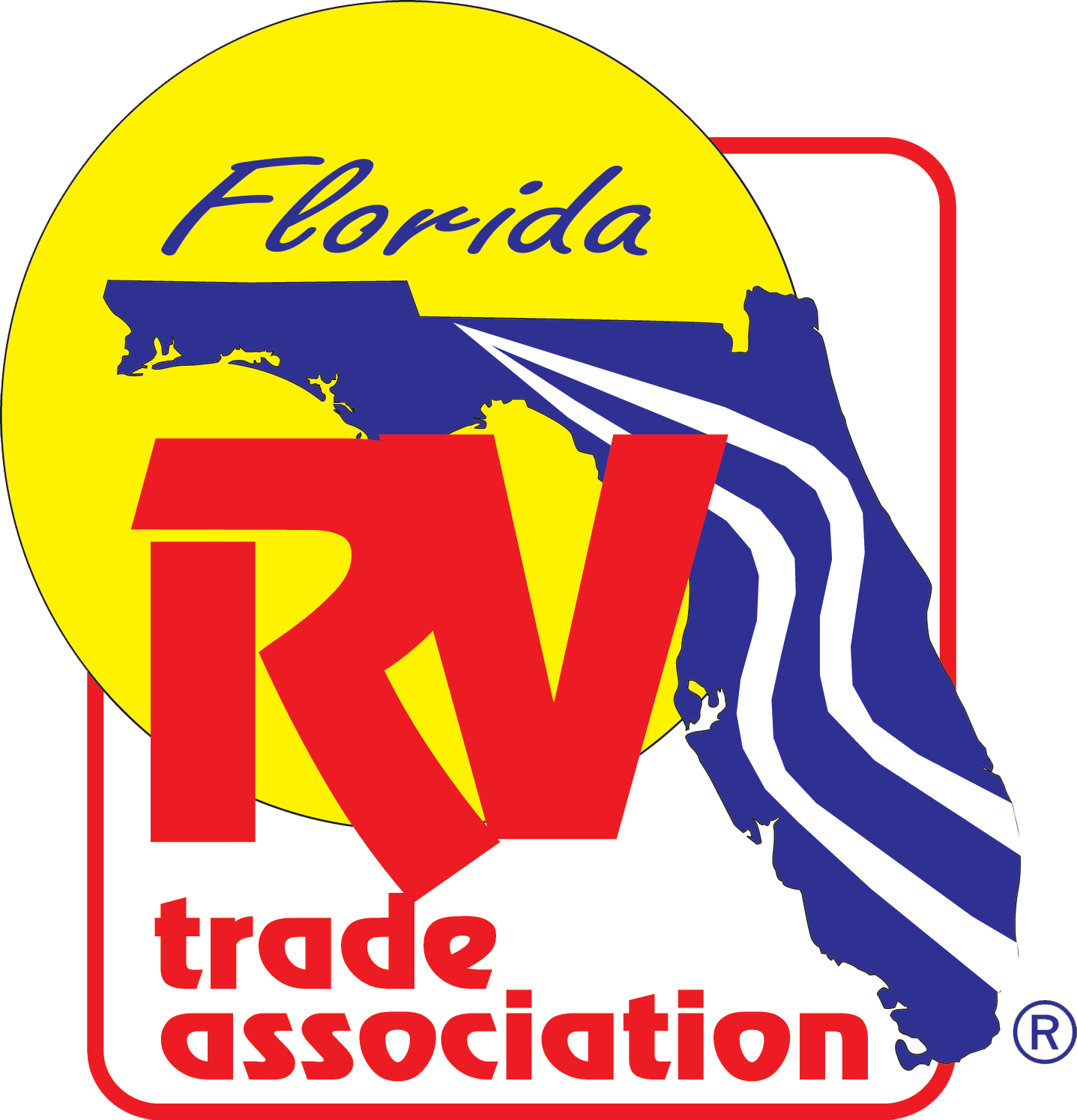Whether you’re selling, servicing, inspecting, or hosting RVs at your facility, ensuring proper LP gas safety is not optional—it’s critical. In Florida and many other states, working on an RV’s LP gas system requires the business to hold a state-issued license. Understanding why this matters helps protect your business, your customers, and your reputation.
Safety First: LP Gas Is Highly Flammable
LP (liquefied petroleum) gas, also known as propane, powers essential RV systems like stoves, furnaces, water heaters, and refrigerators. It’s convenient and efficient—but also dangerous if mishandled.
Qualified LP gas professionals are trained to:
- Detect leaks and check for weak connections
- Work according to safety protocols specific to pressurized gas systems
- Use approved testing equipment to verify system integrity
- Ensure regulators, valves, and fittings are operating safely
Unlicensed work can lead to gas leaks, fires, explosions, or carbon monoxide poisoning. When your business is associated with unsafe service, it puts both people and property at risk.
Employing Technicians that Have Completed the LP Gas Qualifier Requirements Ensures Competence and Compliance
LP gas licensing is more than a regulatory checkbox—it indicates that the business employs technicians or inspectors that have received standardized training and demonstrated core competencies. Qualified individuals understand:
- The operation and components of RV LP gas systems
- Safe installation, repair, and testing methods
- Local, state, and national codes including NFPA 1192 and NFPA 58
In Florida, the FRVTA promotes technician education and certification, including LP gas safety, in collaboration with the state’s Department of Agriculture and Consumer Services. Licensed professionals are more likely to stay current with code changes and industry best practices.
It’s the Law in Florida
Florida requires any business working on LP gas systems—including RV Inspection businesses —to be licensed by the Florida Department of Agriculture and Consumer Services. This includes dealerships, mobile technicians, and service centers. Non-compliance can result in steep fines and liability exposure.
As a business owner or operator, you have a responsibility to verify that any employee or subcontractor working on LP systems holds the appropriate Qualifier certification.
Insurance and Warranty Protection
RV manufacturers and third-party warranty companies typically require repairs to be performed by licensed professionals. If an unlicensed individual performs LP work and an accident occurs, your customer’s insurance or warranty claim may be denied—and your business could be held accountable.
Businesses performing unlicensed LP work also risk having their liability insurance voided if a claim arises from illegal activity. That’s a risk few companies can afford.
Reputation and Liability in the RV Industry
Whether you’re selling RVs, managing a campground, running a service center, or inspecting pre-owned rigs, your professional credibility hinges on safety and compliance. Hiring or referring only licensed LP gas professionals helps ensure:
-
Your business meets legal and insurance requirements
-
Your customers stay safe
-
Your operation maintains a trustworthy reputation
Campgrounds in particular should be aware that allowing unlicensed mobile technicians to perform LP gas work on site may create legal exposure. If an incident occurs, the campground could be partially liable for permitting unauthorized work on its property. Make it a policy to verify licensing before allowing LP-related service work within your park.
Mobile Technicians Must Be Properly Trained
Mobile RV service is a growing segment of the industry, offering great convenience to RVers. However, some mobile techs operate without the appropriate licenses, insurance, or training.
Before allowing a mobile tech to perform LP service:
-
Confirm they hold a current LP gas license in the state of operation
-
Verify their business liability insurance meets minimum standards (Florida requires $1 million coverage for LP work)
-
Request references or online reviews
RV businesses that refer or recommend mobile techs should vet them thoroughly to avoid liability for unsafe or unlicensed work.
Inspectors Must Be Licensed to Evaluate LP Gas Systems
A complete RV inspection includes evaluating the LP system. Inspectors who lack LP gas licensing are not qualified to perform pressure drop tests or assess gas system compliance—and they may skip this step entirely.
Before referring an inspector or accepting an inspection report, confirm that the inspector holds a current LP gas license. Only licensed inspectors are legally allowed to evaluate these systems and identify code violations or safety issues.
Conclusion: Licensing Protects Everyone
The RV industry depends on safety, professionalism, and compliance. Ensuring that all LP gas work—whether performed at your dealership, service center, campground, or by a third-party inspector—is conducted by a licensed service or mobile center is not just smart business. It’s essential.
Protect your business, your customers, and your liability by asking these key questions before anyone touches an LP gas system:
- Are you LP gas licensed in this state?
- Can you provide proof of your license?
- Do you follow NFPA standards?
- Are you adequately insured?
To verify LP gas licenses in Florida, visit the Florida Department of Agriculture and Consumer Services license search tool:
https://csapp.fdacs.gov/cspublicapp/businesssearch/businesssearch.aspx
To learn more about LP gas licensing, RV technician training, or to connect with licensed professionals, visit www.frvta.org.
